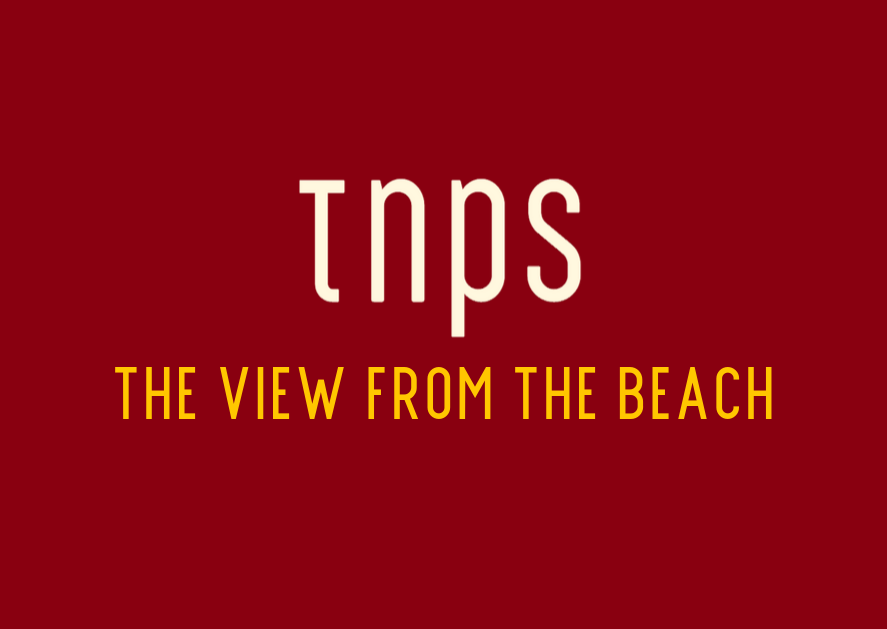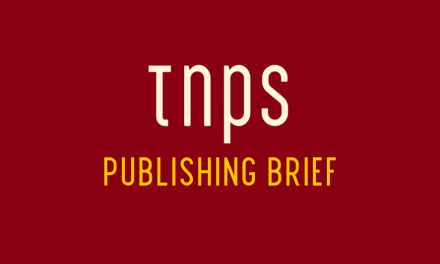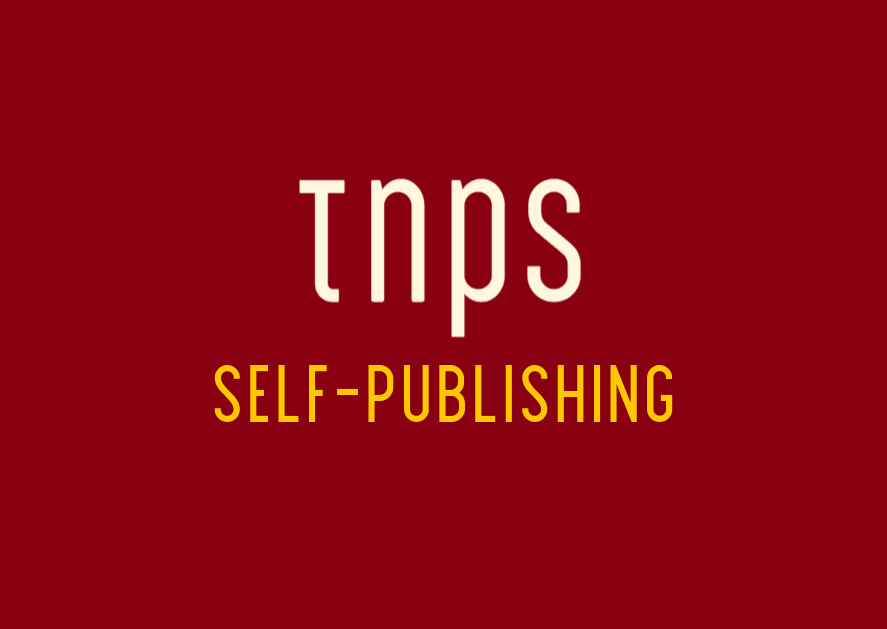Online sales are the enemy, and those readers who erred from the true path of righteousness and think it is acceptable to stay at home and have a book delivered to their door or a digital book delivered to their phone must be “won back” and saved from eternal damnation.
One can only hope that the optimism in the latest op-ed from Philip Jones, Editor-in-Chief of the UK trade journal The Bookseller, that the pandemic is in retreat and it is time to begin again, proves justified.
As I write this post the UK is slowly emerging from a tight lockdown that unquestionably saw the Covid-19 cases and fatalities dwindle. But as we saw last year, lockdown and seasonal change led us down this path before, with talk of the pandemic being behind us by autumn 2020. It came back with a vengeance.
This year we have vaccinations that give us a fighting chance of reducing Covid-19 to a seasonal ailment like the flu virus we have learned to live with, but as the hesitancy over the British government’s June restrictions lifting shows, no-one can be sure what will happen next.
Jones opens,
By the time you read this, the British Book Awards “virtual” ceremony will have been run, the winners will have been announced and the trade will have celebrated a year featuring some of the amazing highs captured in our Nibbies’ headlights, against a backdrop of those considerable lows brought on by Covid, the lockdowns and social distancing. It will be some time before we can look back on this period with anything like the perspective necessary to properly judge it, but the awards mark a moment of recognition, and passing.
One notes with wry amusement the need, even now, to use the word virtual encased in inverted commas as if, in the second year of the third decade of the twenty-first century, the word virtual is still a term to be apologised for as not really being part of the English language.
Jones went on,
…This time ( ) we are armed with better knowledge of what works, and what will likely work again. We have learned to operate in a blended field, with digital now part of our day-to-day thinking and planning. This raises some big questions; how to return to the cosiness of physical events without losing the inclusiveness of virtual spaces; how best and in what way to talk to readers; how to win back and retain customers who have become online purchasers. There is too a question around unlocking, as the adrenalin of change gives way to the complexities of a new reality.
And in this short paragraph by Jones lies so many examples of why the publishing industry, in the UK, the US, across western Europe, and all the more so globally in the emerging markets, struggles.
It’s not that people around the world don’t want to read. If the pandemic showed us one thing, it is that with all the additional time to binge on Netflix, watch regular TV, listen to more music, play more computer games, and spend even more time on social media… With all that extra time to do things other than read books, millions upon million more people turned to books as their preferred source of entertainment, information and learning.
That this came as a surprise last year shows just how out of touch with modern living so many in the industry had become.
Jones says:
We have learned to operate in a blended field, with digital now part of our day-to-day thinking and planning.
The implicit admission here being that until the pandemic forced our hand digital was sidelined, kept at arms length and otherwise regarded as not something publishers should be associated with.
Which is why over the past twenty-seven years Amazon has slowly unsettled – some would say undermined – the US and UK publishing industry, with digital part of its day-to-day thinking since day one, back in 1994.
Of course some publishers have embraced digital, but few in all its aspects. Some focused on online sales, others on ebooks, still others on digital audio, and most dabbled with social media, but only in 2020-21 did western publishing finally come to grips with the reality – and the opportunity – that is digital.
Writes Jones,
…How to return to the cosiness of physical events without losing the inclusiveness of virtual spaces.
A recognition that virtual spaces add real value to the industry and are not, as Jones inferred as recently as last year when Frankfurt outraged publishing sensibilities by going virtual, cheap imitations of the real thing. “#Fakefurt!” cried Jones.
But for all the progress we see in publishing coming to terms with the modern world, Jones undermines it with his comment that the industry must ask itself,
How best and in what way to talk to readers; how to win back and retain customers who have become online purchasers.
Because there we have the cold reality that The Bookseller is about bricks & mortar bookstores, not selling books per se.
Online sales are the enemy, and those readers who erred from the true path of righteousness and think it is acceptable to stay at home and have a book delivered to their door or a digital book delivered to their phone, except in extreme pandemic circumstances must be “won back” and saved from eternal damnation.
In that respect Jones is going to find himself increasingly at odds with mainstream publishers who in 2020 learned that bricks & mortar bookstore were not indispensable after all.
Not to mention the myriad progressive smaller publishers, indie publishers and indeed indie authors, who have long since elevated digital as “part of our day-to-day thinking and planning” to a fine art.




